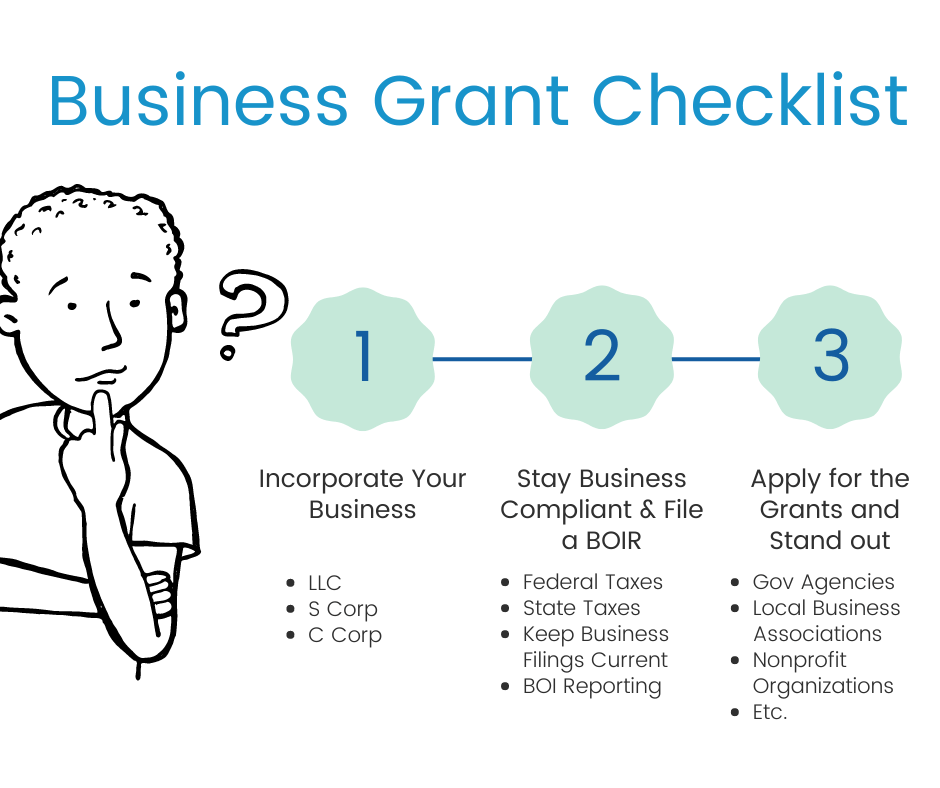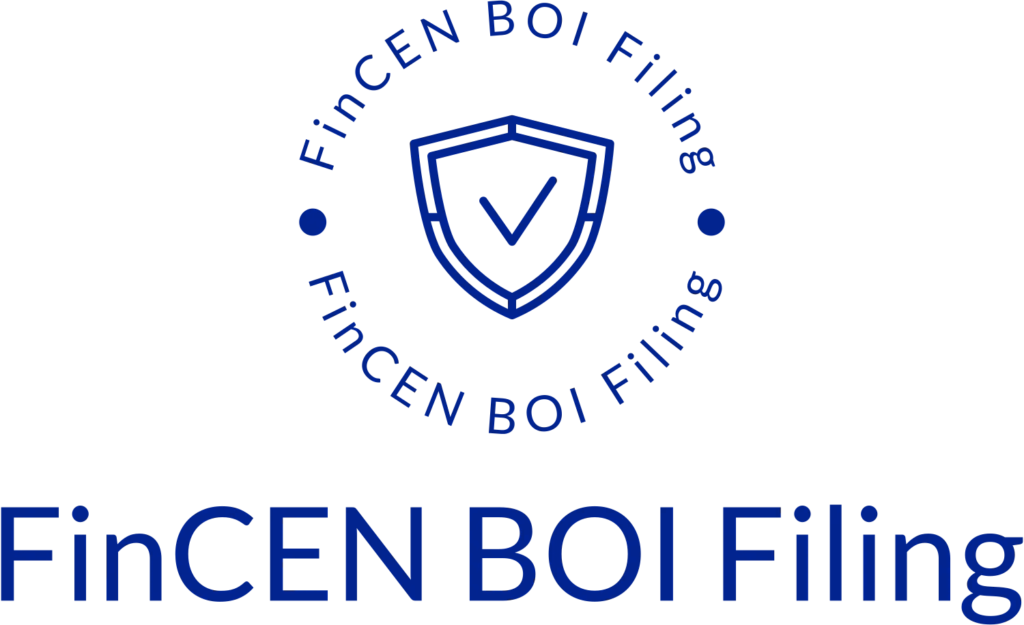Howdy, y’all! If you’re a small business owner in the Lone Star State looking to rustle up some extra funds, you’ve come to the right place.
Whether you’re slinging BBQ in Austin or running a tech startup in Dallas, securing a small business grant can be as challenging as the Spurs’ road to another NBA championship. But don’t worry, pardner – we’ve got your back like a well-fitted cowboy hat. In this article, we’ll wrangle up the best places to find small business grants in Texas and break down the steps you need to take to qualify faster than you can say “Remember the Alamo.” So saddle up and get ready to lasso some funding for your Texan enterprise!
Where to Search for Small Business Grants in Texas
Texas is a treasure trove of untapped potential, brimming with opportunities for savvy entrepreneurs who know where to dig. With a little persistence and the right resources, you can unearth the perfect grant to fuel your business dreams in the Lone Star State.
Some Texas Local Resources Include:
Texas’s Small Business Association: The Lone Star State’s SBA is a treasure trove for aspiring entrepreneurs. With a smorgasbord of resources, from funding opportunities to mentorship programs, they’re the secret sauce in many a Texan business success story. Whether you’re a tech whiz in Austin or a BBQ maestro in Houston, the SBA’s got your back.
The Texas SBA offers the State Trade Expansion Program (STEP) grant, a golden ticket for small businesses looking to dip their toes into international waters. If you’re a small business owner with your sights set on global domination (or at least some cross-border trade), this grant could be your passport to success. Eligible businesses must be Texas-based, meet SBA size standards, and have been in operation for at least a year. So, if you’ve got boots on the ground and stars in your eyes, it’s time to saddle up and apply!
Texas’s Economic Development Agency: We’re excited to share that this agency is a goldmine for ambitious entrepreneurs seeking funding. They’ve curated a robust collection of resources, from detailed guides on securing capital to comprehensive lists of potential investors, all designed to help you turn your business dreams into reality.
The Texas Economic Development Agency offers the Texas Enterprise Fund a “deal-closing” grant available to companies planning new projects in Texas. This grant is aimed at businesses that will create significant job opportunities and capital investment. To qualify, companies must demonstrate they’re considering competing locations outside of Texas and that a single Texas site is under consideration.
Texas’s Chamber of Commerce: The Texas Chamber of Commerce is a goldmine for entrepreneurs seeking funding opportunities. They offer a comprehensive database of grants, loans, and investment programs tailored to various industries and business stages. Their expert advisors can guide you through the application process, increasing your chances of securing the capital you need to grow your business.
The Texas Chamber of Commerce also offers its own Small Business Innovation Grant program. This competitive grant provides up to $50,000 in funding for innovative startups and small businesses looking to expand their operations within the state. To qualify, businesses must have fewer than 50 employees, demonstrate a unique product or service, and show potential for significant economic impact in Texas.
Don’t Miss This Essential Small Business Grant
The Texas Workforce Commission’s Skills Development Fund is a game-changing opportunity for businesses in the Lone Star State. This grant program is designed to foster job creation and enhance the skills of Texas workers, ultimately boosting the state’s economic competitiveness. By partnering with public community and technical colleges, or the Texas A&M Engineering Extension Service, businesses can access customized training programs tailored to their specific needs. Whether you’re a small startup or a large corporation, this fund can help you upskill your workforce and stay ahead in today’s rapidly evolving business landscape. To learn more about this incredible opportunity and how it can benefit your business, click here.
To qualify for the Skills Development Fund, businesses must meet certain criteria set by the Texas Workforce Commission. Eligible applicants include private business consortiums and trade unions, with a focus on creating new jobs or upgrading the skills of existing workers. The program prioritizes training for full-time positions and encourages partnerships with educational institutions to develop curriculum and deliver training. It’s important to note that businesses must be able to contribute to the cost of the training, either through cash or in-kind contributions. Additionally, the grant requires a commitment to creating new jobs or retaining existing ones, ensuring that the investment in workforce development translates into tangible economic benefits for Texas communities.
Expand Your Search: Helpful Resources for Business Funding
When looking for small business grants, it may benefit you to look beyond the boundaries of Texas. Skip is your one-stop platform for discovering and securing the funding you need to start or grow your business. With thousands of grants ranging from $1,000 to $25,000, finding the perfect opportunity is just a click away.
Imagine having access to a user-friendly dashboard where you can track and apply for grants tailored to your business in Texas. Skip’s AI-assisted grant writing tool helps craft compelling applications that stand out, and with instant feedback, you can ensure your submission is top-notch every time.
Join the thriving community of entrepreneurs who have already reaped the benefits of Skip. With over $300,000 in grants donated and strong partnerships with government agencies and non-profits, Skip is dedicated to your success. Take the first step today and turn your business dreams into reality – Click Here to get started with Skip.
Key Requirements to Ensure Grant Eligibility
As an entrepreneur in Texas, it’s crucial to understand that incorporation is often a prerequisite for accessing small business grants at both local and national levels. Many organizations offering grants require businesses to be formally incorporated before considering their applications. This requirement ensures that the business has a legal structure and demonstrates a level of commitment and professionalism. By incorporating your business, you not only increase your eligibility for grants but also gain additional benefits such as personal asset protection and potential tax advantages.
When it comes to incorporating your business, we have found that Northwest Registered Agent stands out as the best option for entrepreneurs. Their expertise in handling the incorporation process, combined with their exceptional customer service, makes them an ideal choice for Texas-based business owners. Northwest Registered Agent offers a streamlined approach to incorporation, ensuring that all necessary paperwork is filed correctly and efficiently. Their knowledgeable staff can guide you through the process, helping you navigate the complexities of state regulations and requirements, ultimately saving you time and potential headaches as you establish your business entity.

Why Compliance and BOIR Matter: Ensuring Eligibility for Business Grants
Compliance isn’t just a box to check; it’s your ticket to opportunity. For Texas entrepreneurs, it’s the key that unlocks the door to grants and funding. Stay on top of your federal taxes, keep that business registration current, and you’ll be primed for success.
The Corporate Transparency Act has raised the stakes, demanding businesses reveal their true owners. It’s not just about following rules; it’s about protecting your hard-earned profits from hefty fines. File that Beneficial Ownership Information Report, and sleep easier knowing you’re on the right side of the law.
That’s where we come in. Navigating the Beneficial Ownership Information Reporting (BOIR) requirements can be daunting, but our website simplifies the process. We offer a secure and straightforward filing experience with a direct connection to FinCEN, ensuring your information is handled with the highest level of security. Our platform makes compliance effortless so you can focus on growing your business.
Don’t let penalties slow your business down. Failing to comply with Beneficial Ownership Information Reporting (BOIR) requirements can result in severe consequences. If you fail to file, you could be subject to the following penalties:
- Fines of up to $500 per day for failure to file BOIR
- Cumulative fines reaching up to $10,000
- A person who willfully violates the BOI reporting requirements may be subject to criminal penalties of up to two years imprisonment.
Not sure if you have a BOIR filing requirement? Please take our quick BOI eligibility quiz to determine whether you need to file and ensure you comply with regulations.
Last Words: How to Maximize Your Grant Opportunities in Texas
In the end, building a successful business is about more than just finding funding. It’s about persistence, adaptability, and making the most of every opportunity. The resources outlined here are valuable tools, but they’re just the beginning. Remember that every successful entrepreneur faced obstacles and uncertainties. What sets them apart is their ability to keep moving forward, to learn from setbacks, and to view challenges as opportunities for growth. So take advantage of these grant options, but don’t forget the most important resource of all: your own determination and ingenuity. The path ahead may be uncertain, but with the right mindset and support, Texas entrepreneurs can turn their business dreams into reality.
For all of you out there who haven’t yet tackled your BOIR, the time to act is now. Procrastination won’t get you anywhere, but taking just a few minutes to complete our straightforward form will. Don’t let this critical step in your compliance journey slip through the cracks—get it done and move forward with confidence.
Frequently Asked Questions
Have questions about the Beneficial Ownership Filing process? Check out FinCEN BOI Filing's frequently asked questions for the answer.
What is a BOI report?
A Beneficial Ownership Information (BOI) report is a filing required by FinCEN to disclose key details about individuals who own or control a company, ensuring compliance with anti-money laundering laws and enhancing corporate transparency. Filing a BOI takes 5-10 minutes and can be done here.
When does the CTA become effective?
The Corporate Transparency Act (CTA) reporting requirements take effect on January 1, 2024. Business entities established before this date have until January 1, 2025, to meet the reporting obligations.
Are there penalties for not filing a BOI report?
Yes, failing to file a BOI report can result in substantial penalties, including hefty fines and potential legal repercussions. Learn more about the BOI deadlines and non-filing BOI penalties.
How do I file a BOI report?
Filing a BOI takes about 5-10 minutes and can be done here. If you’re not sure if you are required to file, you can take the one minute BOI Eligibility Quiz.
Who is considered a beneficial owner?
A beneficial owner is any individual who either:
- Directly or indirectly exercises substantial control over the reporting company, or
- Directly or indirectly owns or controls 25% or more of the company’s ownership interests.
Substantial control includes the power to direct, influence, or determine significant decisions of the company. This may involve senior officers or individuals with authority to appoint or remove senior officers or a majority of the board.
Ownership interests encompass rights that establish ownership in the company, ranging from basic stock shares to more complex financial instruments.
For more details on “substantial control” and “ownership interests,” refer to our guide on complex ownership structures.
How do BOI reports get submitted to FinCEN?
We submit reports through a secure API connection directly with FinCEN’s Beneficial Ownership Secure System (BOSS). This integration allows for seamless and efficient filing of Beneficial Ownership Information reports, reducing the time it takes to complete and submit a report.
Our user-friendly form is designed to minimize errors by guiding you through the process with clear prompts and checks. Additionally, by using the secure API connection, we ensure that your data remains private and protected throughout the submission process, adhering to the highest security standards.
Who can access the beneficial ownership information?
The beneficial ownership information will be accessible only to authorized government agencies, such as law enforcement and regulatory authorities, for the purpose of combating money laundering, fraud, and other financial crimes.
This data is not publicly available and is used solely for compliance with legal and regulatory requirements. Only those with a legitimate need, as defined by the law, will be able to access this information to ensure transparency and uphold national security.
You can read more about keeping your personal information private when filing your BOIR.
Do I need to file a BOIR annually?
No, you do not need to file a Beneficial Ownership Information Report (BOIR) annually. However, you are required to update and file a new report if there are any changes to the beneficial ownership or company applicant information, such as changes in ownership or control. The report must be filed when there are material updates, but there is no annual filing requirement unless changes occur.
What information is required in a BOI report?
Type of Report
The reporting company must specify the type of report being submitted: an initial report, a correction of a prior report, or an update to a prior report.
Company Information
The reporting company must provide the following details:
- Legal Name: The official name of the company.
- Trade Name: Any “doing business as” (DBA) names used by the company.
- Address: The current street address of its principal place of business. If the principal place of business is outside the U.S., the company must report the address from which it conducts business in the U.S.
- Taxpayer Identification Number (TIN): This includes an EIN, SSN, or ITIN, as appropriate.
Beneficial Owner Information
The reporting company must provide the following details for each beneficial owner:
- Legal Name: The individual’s full legal name.
- Date of Birth: The individual’s date of birth.
- Address: The individual’s residential street address.
- Identification Document: A unique identifying number from an acceptable identification document, the issuing state or jurisdiction, and an image of the document.
Company Applicant Information (if required)
For reporting companies created on or after January 1, 2024, the following information about the company applicant must be provided:
- Address: The individual’s residential street address. If the applicant forms or registers companies as part of their business (e.g., paralegals), the business address can be used. The address does not need to be in the U.S.
- Identification Document: A unique identifying number from an acceptable identification document, the issuing state or jurisdiction, and an image of the document.
Who needs to file a BOI report?
Most businesses are required to file a BOI report, with exceptions for 23 specific categories, such as publicly traded companies and other regulated entities. To learn more about these exemptions and determine if your business needs to file, read this article.
When is the BOI report due?
- Companies formed or registered before January 1, 2024, must file an initial BOI report by January 1, 2025.
- Companies formed or registered in 2024 must file a BOI report within 90 days of receiving actual or public notice of their formation or registration.
- Companies formed or registered on or after January 1, 2025, must file their initial BOI report within 30 days of receiving actual or public notice.
You can learn more about the BOI deadlines here.
What is type of ID is required?
Acceptable identification documents include the following:
- A valid, unexpired driver’s license issued by a U.S. state or territory.
- A valid, unexpired ID card issued by a U.S. state, local government, or Indian Tribe for identification purposes.
- A valid, unexpired passport issued by the U.S. government.
- If none of the above is available, a valid, unexpired passport issued by a foreign government may be used instead.
An identification document must be collected for each beneficial owner.
For companies formed after 2023, an ID must also be provided for the company applicant.
Who is a company applicant?
A company applicant is the individual responsible for creating or registering a company. Specifically, it includes:
- The individual who directly files the document to form or register the entity with the relevant state or tribal authority, such as the Secretary of State.
- The individual primarily responsible for directing or controlling the filing process, even if they are not the one submitting it.
For companies formed or registered after January 1, 2024, this information must be reported as part of the Beneficial Ownership Information Report (BOIR).
Is it necessary to use a certified public accountant (CPA) or other professional to submit a BOI report?
Most individuals will be able to submit their Beneficial Ownership Information reports directly without needing assistance from attorneys or CPAs. Our streamlined, user-friendly form guides you through the process, making it simple to provide the required information accurately and efficiently.
Is a company required to update and correct information that is no longer accurate?
Yes, a company is required to update or correct its beneficial ownership information whenever it is no longer accurate. If there are any changes to the company’s beneficial owners or company applicant information, such as a change in ownership percentages or control, the company must file an updated report with the correct details. This ensures that the information on record remains accurate and compliant with the reporting requirements, helping to maintain transparency and reduce the risk of misuse.
Will I receive a confirmation of submission after submitting the BOIR?
After submitting your BOIR through our website, you will receive an email containing a unique submission process ID, confirming that your submission has been successfully received.
The email will also notify you once FinCEN has accepted your report. In rare instances, if your submission is rejected, we will inform you of the reason and provide a link to resubmit the corrected information.
You can track the status of all your submissions through our BOIR tracking page, ensuring you stay updated on the progress of your report. Most submission have a confirmed acceptance within a few minutes of submission.





